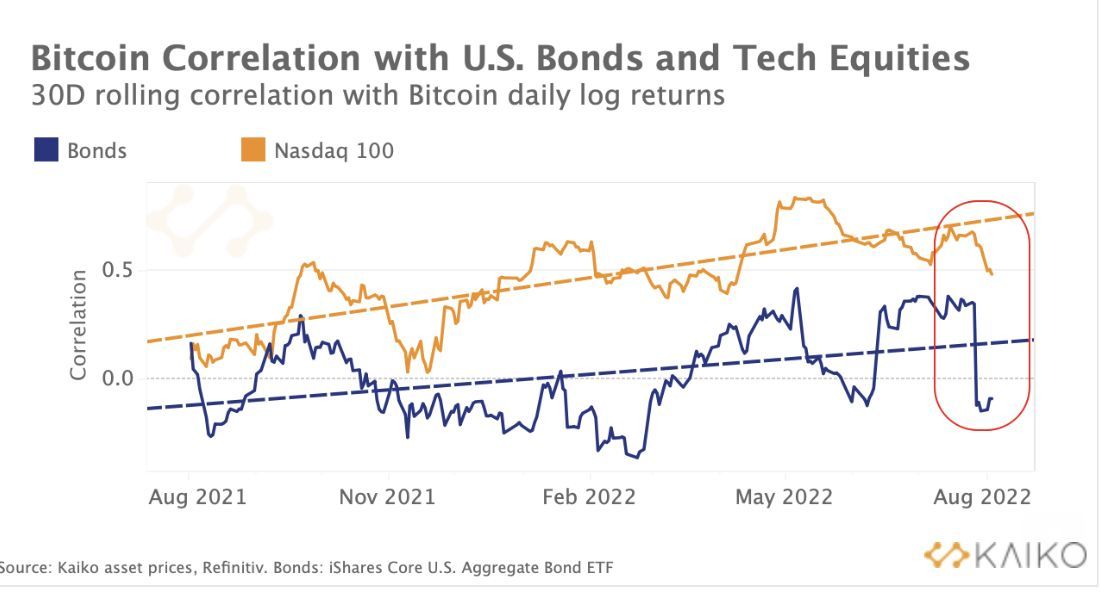In today’s rapidly evolving healthcare landscape, hospitals and healthcare organizations are constantly seeking innovative solutions to improve patient care, streamline processes, and stay ahead of the curve in an increasingly competitive market. Let’s explore some of the latest innovations and trends shaping the health industry news.
Telemedicine and Virtual Care
Telemedicine has become increasingly popular in recent years, allowing patients to access care from the comfort of their own homes. With advancements in technology, virtual care platforms have become more sophisticated, enabling healthcare providers to diagnose, treat, and monitor patients remotely. This trend has been particularly important during the COVID-19 pandemic, as it allows for safe and convenient healthcare delivery while minimizing the risk of exposure to the virus.
AI and Machine Learning in Healthcare
Artificial intelligence (AI) and machine learning technologies are revolutionizing the healthcare industry, helping providers to make more accurate diagnoses, personalize treatment plans, and improve patient outcomes. From predictive analytics to robotic surgery, AI is being utilized in a variety of ways to enhance the quality and efficiency of healthcare services.
Health Information Technology (HIT)
Health information technology plays a crucial role in modern healthcare systems, enabling seamless communication between providers, improving patient engagement, and optimizing clinical workflows. Electronic health records (EHRs), telehealth platforms, and interoperability solutions are just a few examples of HIT tools that are transforming the way healthcare is delivered.
Personalized Medicine
Personalized medicine is gaining momentum in the health industry, offering tailored treatment options based on an individual’s genetic makeup, lifestyle factors, and medical history. By leveraging precision medicine techniques, healthcare providers can deliver more effective and targeted therapies, leading to better patient outcomes and reduced healthcare costs.
IoT and Wearable Technology
The Internet of Things (IoT) and wearable technology have the potential to revolutionize patient care by enabling continuous monitoring of vital signs, medication adherence tracking, and remote patient monitoring. These devices empower patients to take a more proactive role in managing their health and allow healthcare providers to monitor patient progress in real time.
Population Health Management
Population health management focuses on improving the health outcomes of entire populations by addressing social determinants of health, implementing preventative care measures, and managing chronic conditions more effectively. By taking a holistic approach to healthcare, providers can reduce costs, improve patient satisfaction, and enhance overall quality of care.
Conclusion
The healthcare industry is undergoing a period of unprecedented change and innovation, driven by advancements in technology, shifting patient expectations, and emerging market trends. By staying informed about the latest hospital innovations and healthcare trends, providers can better position themselves to deliver high-quality, patient-centered care in an increasingly competitive environment.
